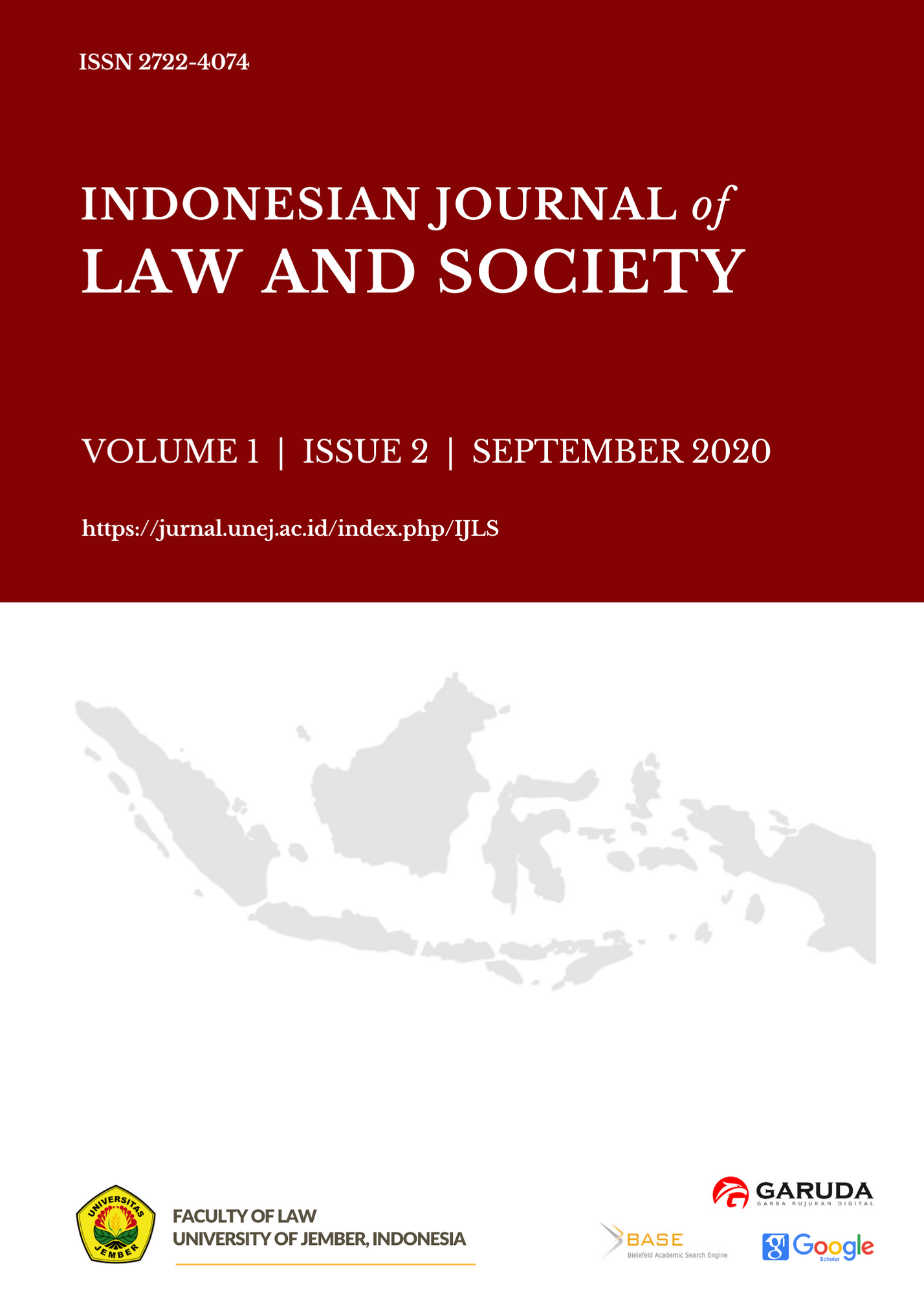Child-Friendly Cities and Districts As Human Rights Protection in Indonesia’s Decentralization Context
Abstract
This paper aims to examine the implementation of the Child Friendly Cities and Districts in Indonesia, as part of the decentralized agenda of current Indonesian reform. Child protection has become one of the current problematic issues. This protection includes the effort to guarantee and ensure the right to live, grow, develop, and participate fully in realizing each child's future. The Indonesian government introduces regional child protection, it is Child-Friendly Cities and Districts as a part of the critical address responding to the issue to the extent the government provide a serious protection for the infant generation. Historically, the United Nations Children's Fund (UNICEF) initiated this concept, whose purpose was to aspire to children's rights through the goals, programs, policies, and local governance structures. To date, there remain many regional governments that do not have regulations on child-friendly cities or districts. This paper considers Indonesia's regions experiencing in regulating and implementing the child-friendly cities and districts that have become a benchmark for the other regions. In the end, this paper concludes that each region must regulate and implement the child-friendly cities with regional characteristics into a series of regional regulations, particularly preceded by the regional regulation.
KEYWORDS: Human Rights, Child Protection, Children Rights, Child-Friendly Cities.
The Indonesian Journal of Law and Society has CC-BY-SA or an equivalent license as the optimal license for publishing, distributing, using, and reusing scholarly work. Authors who publish with this journal retain copyright and grant the journal right of first publication with the work simultaneously licensed under a Creative Commons Attribution-ShareAlike 4.0 International License that allows others with permission from the publisher to share the work with an acknowledgment of the work's authorship and initial publication in this journal.




